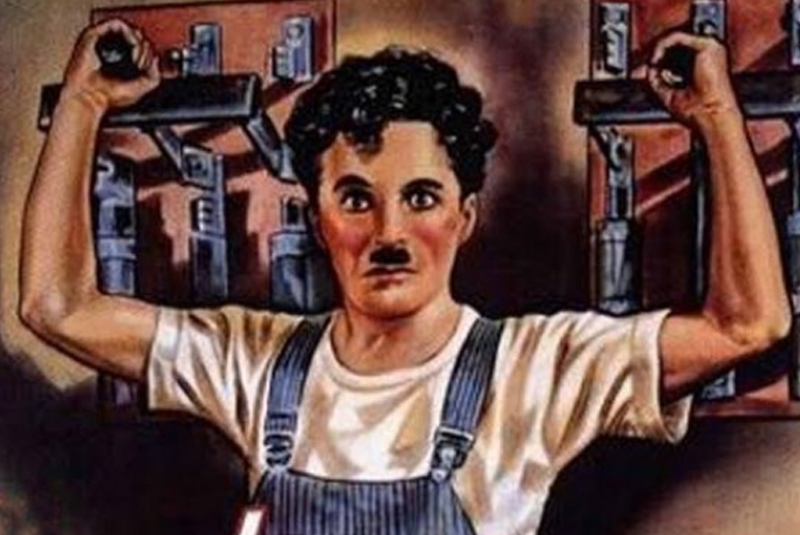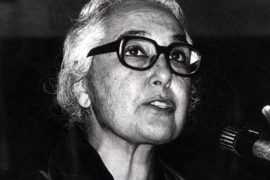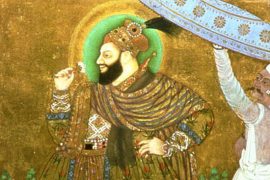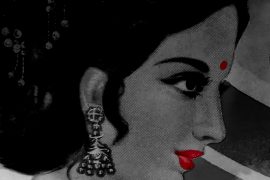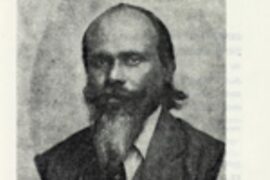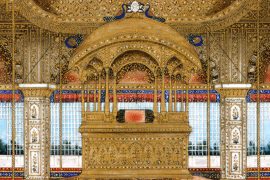Picture this: Charlie Chaplin’s memorable film, City Lights (1931), where he plays the little tramp, as usual. He saves, in one hilarious sequence, a drunk from leaping to his death. The drunk turns out to be a millionaire who befriends Chaplin and the two spend the evening together, drinking and partying. The next day, when he’s sober, the rich man does not recognise Charlie. He even snubs him. Later, the millionaire gets drunk again. When he spots Chaplin, he treats him as his long-lost friend. In the morning, of course, the sober millionaire does not recognise Charlie. He treats him as an intruder and has the butler kick him out by the ‘seat’ of his pants. The scene ends as the little tramp, with his famous toothbrush moustache, tells the camera his view of contemporary society and the ills of drunkenness. This was the genius of Chaplin — using the ‘message as the medium’ and comedy as a social manifesto, in a manner born, but never before or after personified.
Sir Charles Spencer Chaplin (April 16, 1889-December 25, 1977) was born in London to Hannah Harriette Hill-Chaplin and Charles Sr — both small-time entertainers. When Charlie’s parents separated, soon after his birth, the little kid was left to the care of his mother who, through years of emotional upheaval, suffered a mental breakdown. She went to an asylum. Charlie and his elder half-brother Sydney were brought up at an orphanage. Charlie’s childhood was, doubtless, traumatic — and, it provided the ground swell for his creative flair and brilliance to sprout, with more than a sense of Freudian element.
Chaplin sure inherited from his parents ‘stage’ genetics, or the gift of the gab, on the sets, for entertaining people. He could mime superbly and also dance with consummate skill — both mandatory prerequisites in the silent era. Besides, he drew upon the slagheap of his own poverty and battle for survival to sculpt his legendary character — the tramp.
-30-
Copyright©Madras Courier, All Rights Reserved. You may share using our article tools. Please don't cut articles from madrascourier.com and redistribute by email, post to the web, mobile phone or social media.Please send in your feed back and comments to [email protected]

